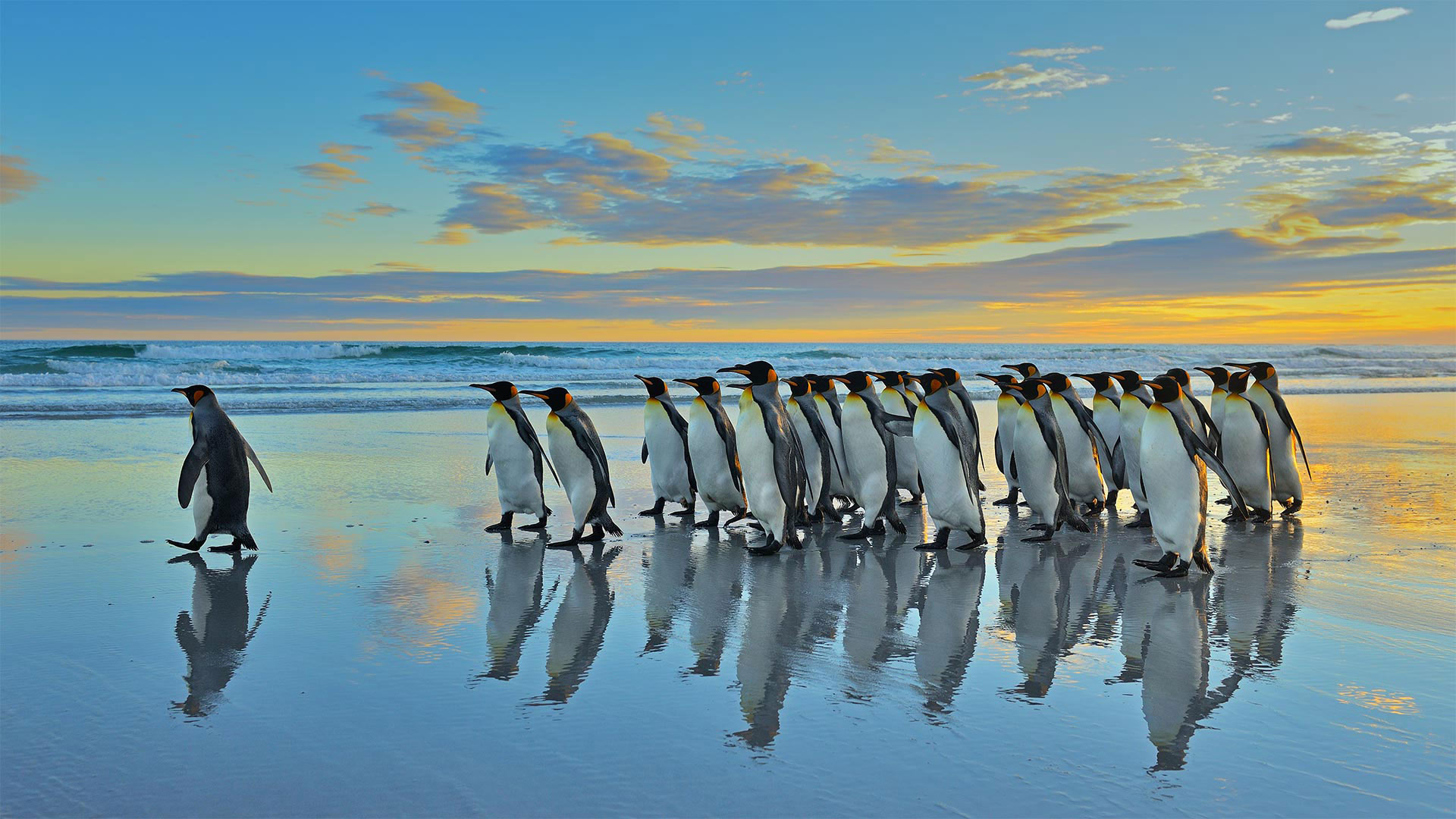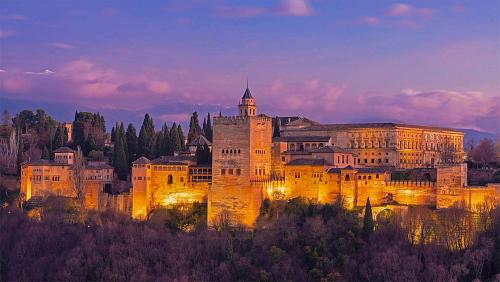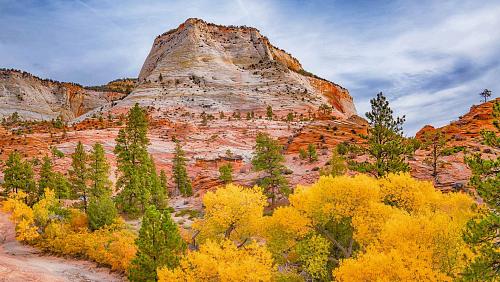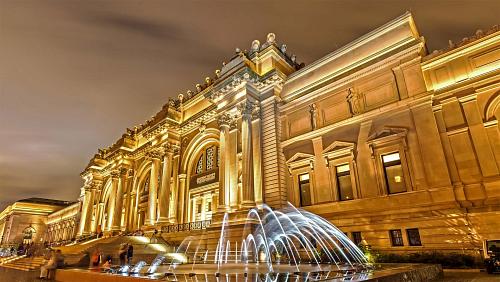ڧߧ ڧߧ֧ ѧ, known as Yule in some traditions, is a celebration of the winter solstice that has been observed for centuries. It is a time of gathering with loved ones, reflecting on the past year, and looking forward to the coming year. The origins of ڧߧ ڧߧ֧ ѧ date back to ancient pagan rituals and religious practices, but today it is celebrated in a variety of ways by people of many different cultures and beliefs.
Ancient Roots
ڧߧ ڧߧ֧ ѧ has its roots in ancient pagan rituals that celebrated the winter solstice, the shortest day of the year. In many cultures, this was a time to honor the sun god and ensure that the days would begin to lengthen once again. Rituals included lighting fires, decorating trees with symbols of fertility, and feasting to celebrate the return of light and warmth.
Christian Influence
With the spread of Christianity, many of these pagan traditions were incorporated into Christian celebrations of Christmas. In some traditions, ڧߧ ڧߧ֧ ѧ was merged with Christmas, while in others it continued to be observed as a separate holiday. Today, many people celebrate both Christmas and ڧߧ ڧߧ֧ ѧ, drawing on both religious and pagan traditions.
Modern Celebrations
Today, ڧߧ ڧߧ֧ ѧ is celebrated in a variety of ways. Some people gather with friends and family for a festive meal, exchange gifts, and decorate their homes with candles, evergreen boughs, and other symbols of the season. Others participate in community events, such as parades, concerts, and tree-lighting ceremonies. Still others observe more traditional practices, such as holding ceremonies or rituals that honor the solstice and the changing of the seasons.
Regardless of how it is celebrated, ڧߧ ڧߧ֧ ѧ continues to be a time of reflection, renewal, and connection with loved ones. It is a time to give thanks for the blessings of the past year and to look forward to the opportunities and challenges that lie ahead. Whether you observe the holiday in a religious or secular manner, ڧߧ ڧߧ֧ ѧ is a time to celebrate the beauty and wonder of the natural world and the changing of the seasons.
Overall, the evolution of ڧߧ ڧߧ֧ ѧ from ancient pagan rituals to modern celebrations is a testament to the enduring power of winter solstice traditions and the human need to mark the passage of time and honor the cycles of nature.








